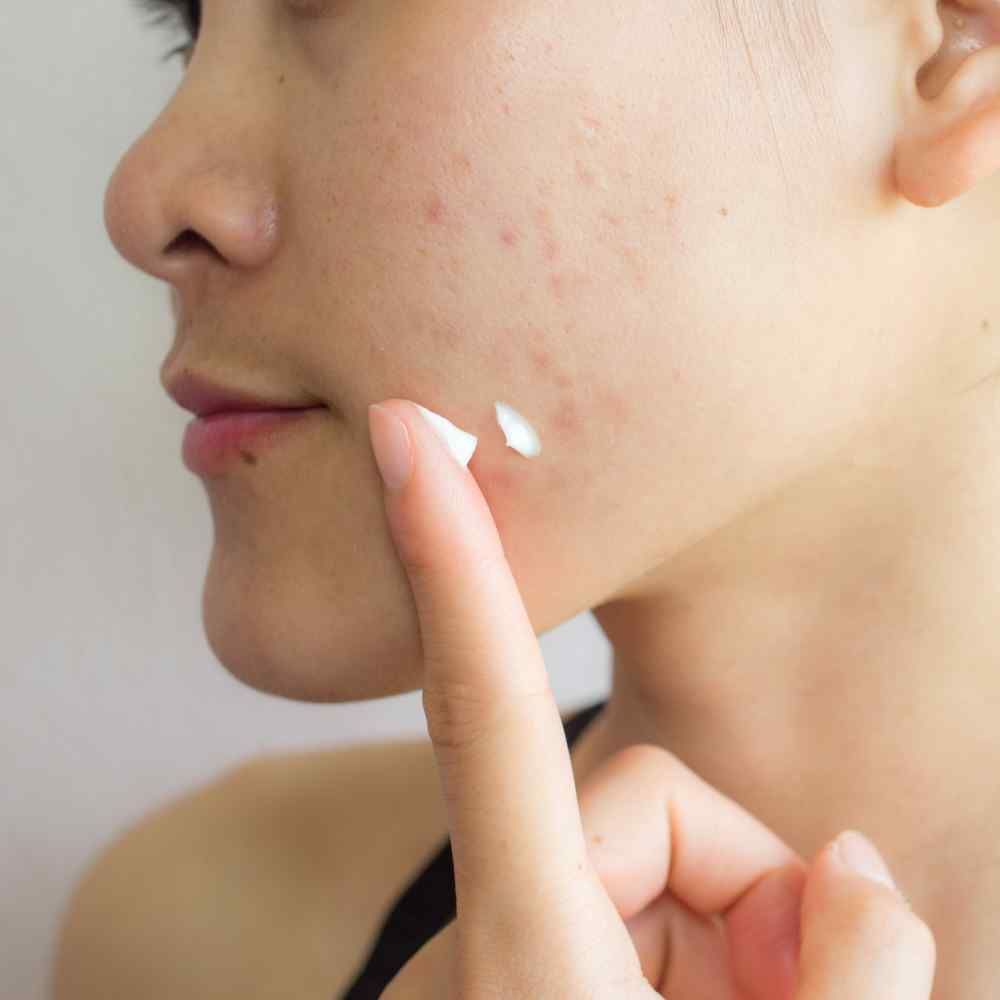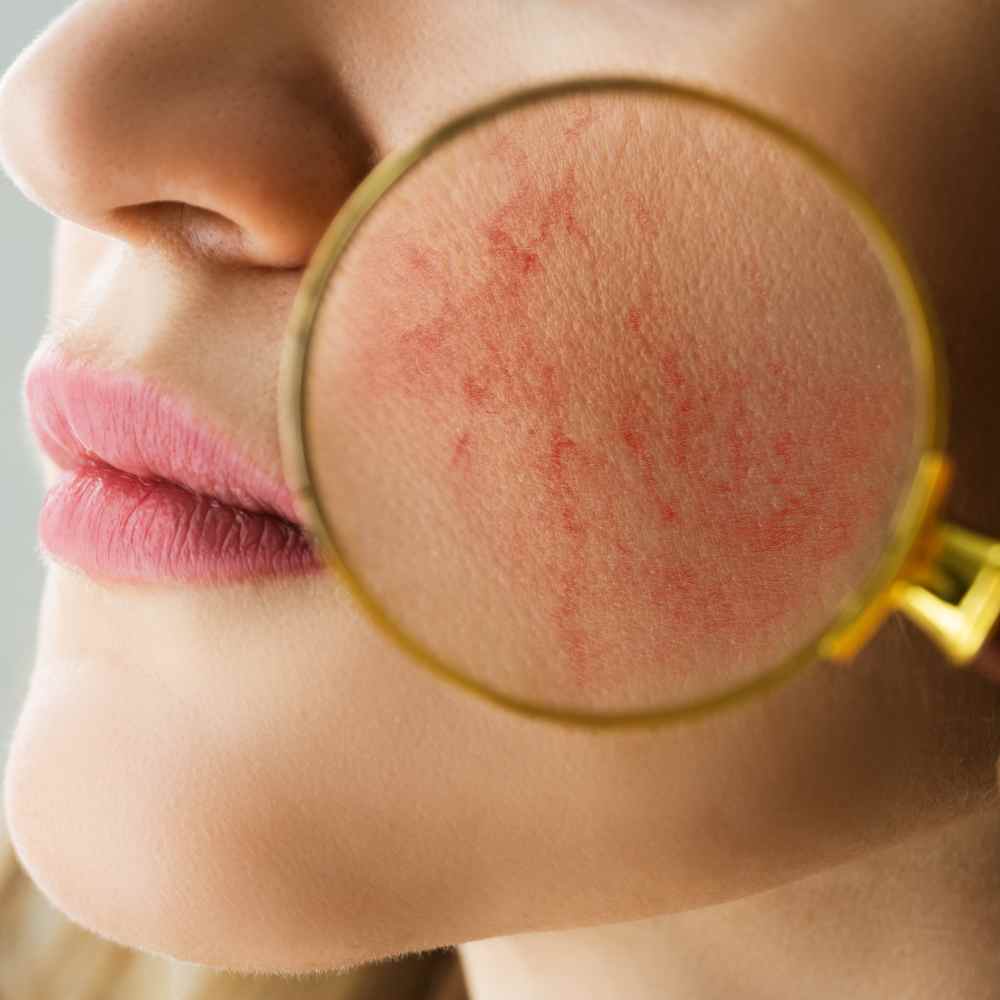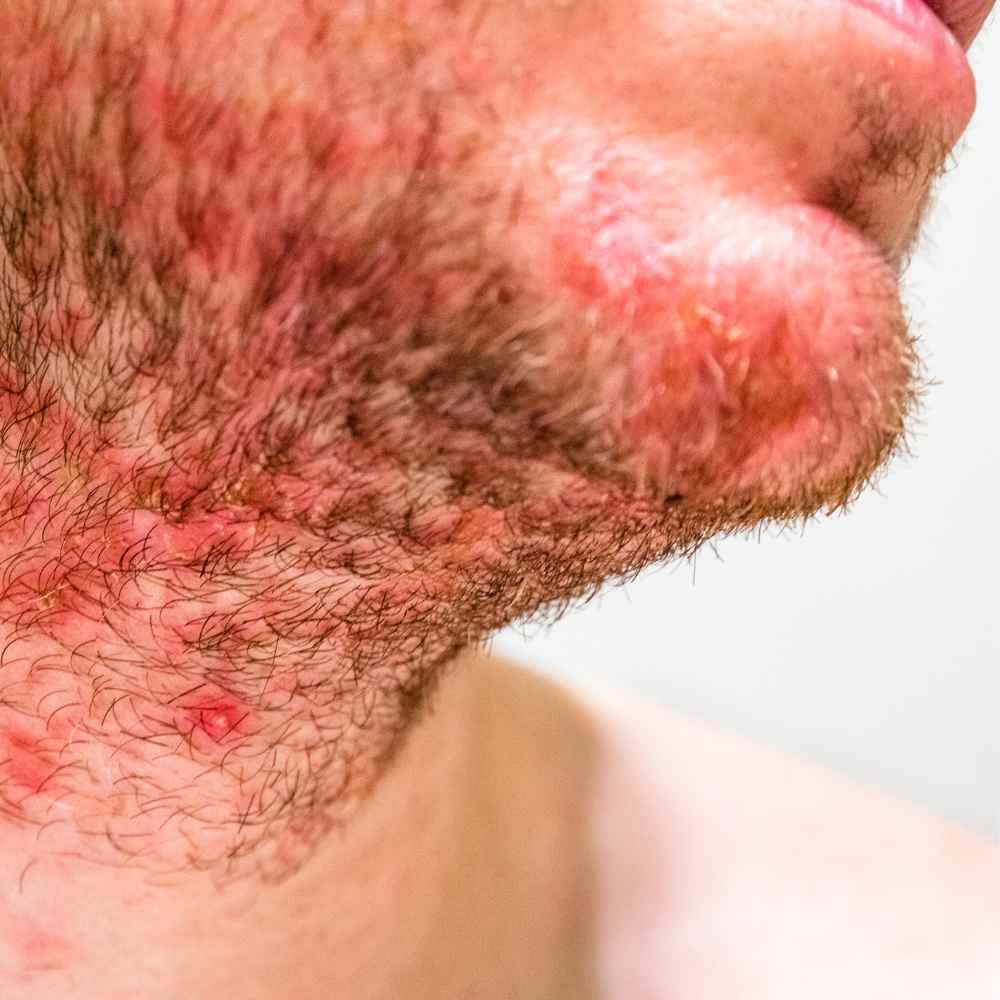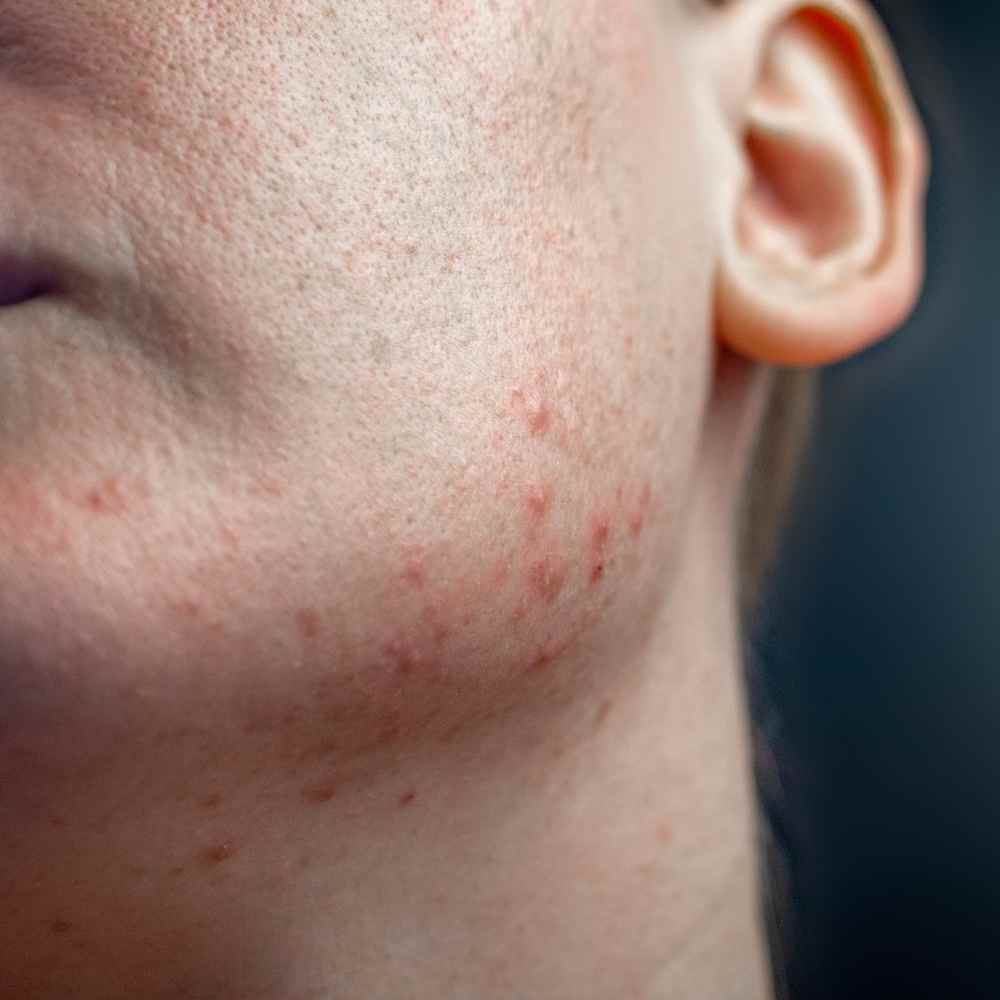
How to Know When Acne Isn't Acne: Decoding Mystery Bumps!
Picture this: You wake up one morning, ready to conquer the world, only to be greeted by a cluster of mysterious bumps on your face. You assume it's just another acne breakout, but what if it's not?
Brace yourself, beauty enthusiasts, because we're about to embark on a journey to unravel the secrets of those sneaky impostors pretending to be acne.
Get ready to decode the mystery and learn how to identify when acne isn't acne. Trust us, your skin will be overjoyed that you finally know the truth!
What are the Signs of Acne?
Most people know when they have acne, but it can be difficult to pinpoint exactly what it is. Acne usually looks like small whiteheads, blackheads, or pimples on the face, neck, chest, and back. The skin will often feel tender and uncomfortable too.
If you're concerned about whether or not you have acne, one of the best ways to find out is by noticing changes in your skin over time.
Are certain areas feeling rough all of a sudden? Are there red bumps that don't seem to go away easily? Have you noticed an increase in oiliness or dryness? If these are things that stick out to you every day for weeks on end then acne breakouts may be happening!
The other tell-tale sign is if your breakouts last longer than two weeks without improvement in spite of any treatments that may be used (like using products containing salicylic acid).
There could also be a cycle where pimples come back only a few days after they've gone away - this is definitely something to look into!

Popular Treatments for Acne
The most important thing when treating acne is keeping your skin clean and clear of buildup from overactive oil glands and dead skin cells. This excess oil from your sebaceous glands that mix with bacteria and dead skin can infect your hair follicles and clog pores.
To accomplish this, it’s best to use a pore cleanser twice a day that contains salicylic acid or benzoyl peroxide and the occasional spot treatment product. You may need to do the occassional mask to clear out your pores.
Additionally, your dermatologist may recommend using topical creams containing retinoids as well as over-the-counter drugs like antibiotics or corticosteroids may help reduce inflammation associated with acne vulgaris.
Lastly, oral medications such as birth control pills or isotretinoin (Accutane) are also effective for severe acne that has not responded to other treatments.
Although these medications require consultation with a doctor before starting them, they can provide dramatic improvements in skin quality in many people.
Acne can vary person-to-person depending on individual genetics. Only a dermatologist can officially diagnose you with acne. But, what if your skin issue is something else? Keep reading for the short list of what your bumps could actually be.
The Imposter Syndrome
Not all bumps on your skin are created equal, and sometimes, what looks like acne may actually be an imposter. These sneaky culprits can disguise themselves as acne, causing confusion and frustration.
But fear not, dear reader, because we're here to help you differentiate the real deal from the imposters. It's like playing detective, but with better skin as the reward! Keep reading to learn about other skin conditions that can mimic the appearance of acne.

Rosacea: The Sneaky Trickster
One of the most common imposters is rosacea, a skin condition that often mimics acne.
With its redness, bumps, and occasional pustules, rosacea can easily fool you into thinking you're dealing with acne.
But here's the kicker: Rosacea requires a different approach and treatment plan. By identifying the imposter, you can tailor your skincare routine to effectively tackle the real culprit.
The treatment for rosacea depends on the individual patient. Generally, topical creams and ointments, such as metronidazole or azelaic acid, are used to reduce redness and inflammation.
In severe cases, oral acne medication (such as doxycycline) may be prescribed by your dermatologist.
Additionally, lifestyle interventions, including avoiding triggers like spicy foods and alcohol, can play a major role in managing flares due to rosacea.
Keeping skin hydrated is important too; use gentle cleansing products that are designed for sensitive skin and apply a moisturizer after washing your face.
Finally, using sun protection can also help minimize flare-ups of rosacea; SPF 30+ sunscreen should be worn everyday when you’re outside or exposed to UV rays for an extended period of time.
While there isn’t currently a cure for rosacea, with the right combination of treatments you can often manage it enough that it doesn’t impact your day-to-day life!

Fungal Foes: The Candida Crew
Another impostor squad that loves to disguise themselves as acne is the candida crew. These fungal foes can wreak havoc on your skin, causing bumps, redness, and even pustules.
They thrive in warm, moist environments, making certain areas of the face more susceptible to their attacks. Identifying these imposters is crucial to choosing the right treatment and restoring balance to your skin.
The treatment for candida on the face varies depending on the severity.
Generally, anti-fungal creams are used to treat this issue. You could try applying an over-the-counter anti-fungal cream like clotrimazole or ketoconazole twice per day until your symptoms have cleared up (this usually takes a few weeks).
If that doesn't work, you may need to use a prescription strength medication or even use topical steroids for more severe cases.
For best results, it is important to follow the directions of your doctor and practice good hygiene such as frequent washing with mild soap and water and avoiding abrasive products on your skin.
And of course, don’t forget to moisturize after cleansing because dry skin creates cracks that allow fungal infection into the epidermis!

4. Allergic Reactions: When Your Skin Rebels
Sometimes, your skin rebels against certain ingredients or products, leading to allergic reactions that resemble acne. It's like your skin staging a revolt against your beloved skincare routine!
These allergic imposters can cause redness, bumps, and even itchiness. Identifying the triggers and avoiding them like the plague can help your skin find its peace once again.
This can be a tricky task considering it could be anything from your skincare products to your laundry detergent causing your breakouts. All you can do is start removing these possible triggers one by one until you find the culprit and toss it for good!
5. Hormonal Hijackers: The Androgen Invaders
Ah, hormones—the ultimate hijackers of your skin's peace and tranquility. Hormonal imbalances, specifically an excess of androgens, can lead to breakouts that mimic acne.
These imposters often appear along the jawline, chin, and lower cheeks, wreaking havoc on your complexion.
Understanding the hormonal culprits behind these imposters can guide you towards hormone-balancing solutions for clearer skin.
Customize Your Skincare Arsenal
Once you've identified the acne imposter, it's time to customize your skincare arsenal. Each imposter requires a unique approach for effective treatment.
Whether it's using anti-inflammatory ingredients for rosacea, anti-fungal remedies for candida imposters, or adjusting your hormonal balance, tailoring your skincare routine to the specific imposter can lead to a victorious complexion.
When in Doubt, Seek Professional Help
Identifying imposters can be a challenging task, even for the most skilled skincare sleuths. That's why it's crucial to know when to seek professional help.
Dermatologists are the skincare detectives who can accurately diagnose and treat these imposters. They have the knowledge and expertise to guide you on the path to clear, healthy skin.
And they can save you a lot of time (and money) that you would spend on your self-diagnosing journey. Remember, superheroes need backup too!
Embrace the Journey to Clear Skin
Identifying when acne isn't acne is just a part of the journey to clearer, healthier skin. It's a reminder that skincare is not one-size-fits-all and that understanding your skin's unique needs is crucial.
So, embrace the challenge, educate yourself, and embark on the quest for true clarity. Your skin will thank you for the detective work and reward you with the radiant complexion you deserve.
Say Goodbye to Skincare Confusion
When acne isn't acne, it's time to sharpen your detective skills. Identifying the imposters lurking on your skin is the key to unlocking a personalized skincare routine.
Whether it's rosacea, fungal foes, allergic reactions, or hormonal hijackers, understanding the imposters allows you to tailor your approach for effective treatment.
So, put on your detective hat, seek professional guidance when needed, and embark on the journey to clear skin. Your skin will be eternally grateful you took the time and activated your sleuthing skills to seek the best acne treatment for your skin!

















